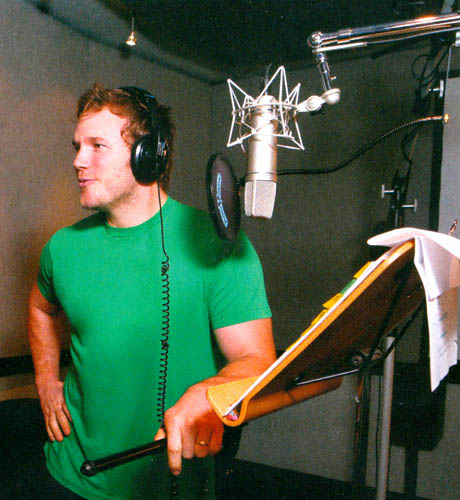I was wondering if the usual mastering process for ACX audiobooks can be applied even when there are different speakers, e.g. male and female, or voices with different pitch, e.g. adult and child, or one voice speaking loudly, the other speaking softly like one angrily shouting and the other one being calm. Do I still apply equaliser, RMS normalise and limiter?
You may have a different problem than you think. Last check, ACX doesn’t want Radio Theater.
“NBC and Ralston Purina proudly present ‘Pepper Young’s Family’.” (Google it)
No Hammond organ music and no cast of thousands. That’s not to say you can’t post that as a podcast. I often wondered why more people don’t do that.
Audiobook Mastering isn’t for theater. It’s so you pass ACX Technical Compliance.
Any voice works, but Mastering was not tested on multiple different voices.
like one angrily shouting and the other one being calm.
Actors learn to have tightly-stressed voices and appear to be yelling without actually getting louder. You can simulate quiet-restrained voices by getting close to the microphone…so your voice volume doesn’t change. That’s a reason voice performers have headphones on. So they can judge voice volume in real time.



If you insist on recording wild performances, you can use a brute-force tool like Chris’s Compressor to squash everything down to broadcast volume. I used to use it to compress podcast wild sound so I could listen in the car without constantly turning the volume up and down.
The only restriction I know of is to put two seconds of wild sound at the beginning and the end and then cut it off later. Chris doesn’t like running off the end of a performance.
Koz
That’s not cast in stone. A friend of mine had an audiobook accepted by ACX last year, which included background music and sound effects. (He had to prove that he owned the rights to the sound effects and music).
Top to bottom:
David Greene – NPR West, Culver City
Sarah Koenig – This American Life
Chris Pratt playing Emmet from The Lego Movie.
Koz
That’s not cast in stone.
They’ve allowed stingers and intro/outro music for a long time but rarely theater support.
Still, if this is your first swipe at reading, it may not be the best time to push the envelope.
“We got rejected because ACX didn’t like the copyrighted music we used at 15:30.”
How many artist releases can you produce?
“We had to delay posting to ACX because Jane wouldn’t sign her artist release.”
Podcast is the way to go.
“Pepper Young’s son is speaking on a Dark and Story Night.”
“Dad? can we talk about my sister? Nobody else in the family has blond hair and blue eyes.”
Koz
Organ music in minor chords.
Dum Dum Dummmmmmmmmm.
Koz
I am not talking about ACX in particular but a Youtube show, only I do not where else to put the question. I realised that the ACX mastering process improved my audio output tremendously, but that was an audiobook with only my voice speaking at a very constant speed and tone.
But I am also producing a Youtube show changing my pitch constantly and now I am about to produce narration that will include dialogue with different characters (male - female), and I am not sure if these mastering effects (equalizer, normalise and limiter) will have a negative effect on the voices by trying to make them sound “equal”.
If the vocal-ranges are extreme, (e.g. Barry White meets Michael Jackson),
you may have to resort to weighted RMS normalization for each character voice so they sound equally loud.
I’m not exactly sure where to go with that. It’s outside the design goals.
Mastering is not a dynamic process. It doesn’t try to change things minute by minute or voice by voice. It looks at the whole selection and turns the volume up and down once until overall RMS (loudness) meets specifications. Some expressive peaks usually poke up too far after it does that so Limiter comes along and very gently squashes them to quieter than -3.5dB. That number was picked so the final conversion to MP3 doesn’t slide over -3dB by accident.
Equalization or Filter Curve gets rid of non-voice rumble sounds so they don’t interfere with the process.
The most dramatic thing Mastering does is boost a New User with a Home Microphone super quiet performance to meet spec. That’s the joke that Mastering will force floor sweepings to meet Peak and RMS. The result will never meet Noise, and may not sound very good, but those first two numbers will be right on.
Give it a shot. I don’t expect it to damage anything and it does produce chapters which will match each other.
Koz
When you finish a show, post the address here.
Koz